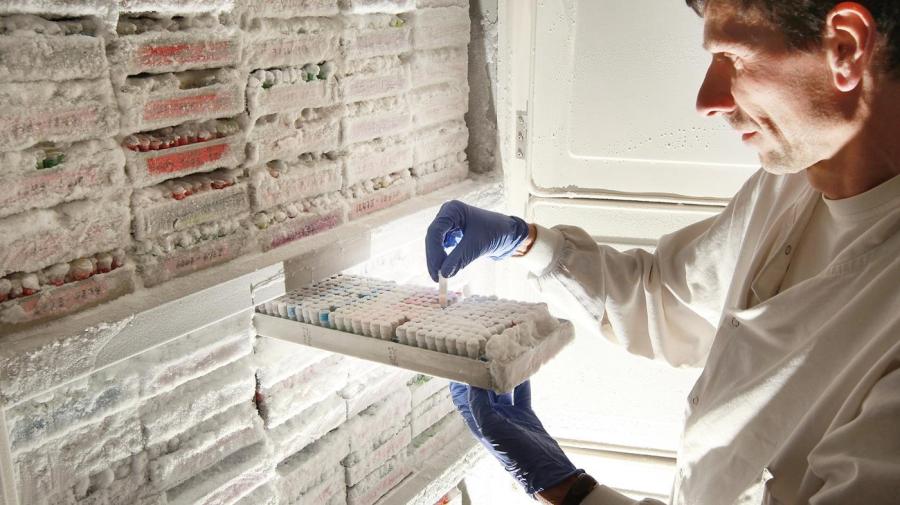What Are Specialized Cells?

Specialized cells are cells that have gone on to specialize in being in a certain part of the body, such as a skin cell. These cells generally do not replicate and simply die after their life cycle is complete. Most of the human body’s cells are specialized cells, such as muscle, skin and nerve cells.
In multicellular organisms, specialized cells are coded to be part of a special function in the body. This is also referred to as “cellular differentiation,” meaning that many cells perform many different tasks and are specific to that task alone. Groups of specialized cells cooperate to form a tissue, such as a muscle. Different tissues are then grouped together to form larger functional units called organs. These all have a distinct structure and set of functions that serve the organism.
Other types of cells are much more rare, and these cells are not specialized. These are called stem cells, which are unique in the way that they can turn into any type of cell to perform a function if they need to. Unlike specialized cells, these can replicate and do not die after their life cycle. The difference between the differentiated cells and stem cells is in their proteins.





